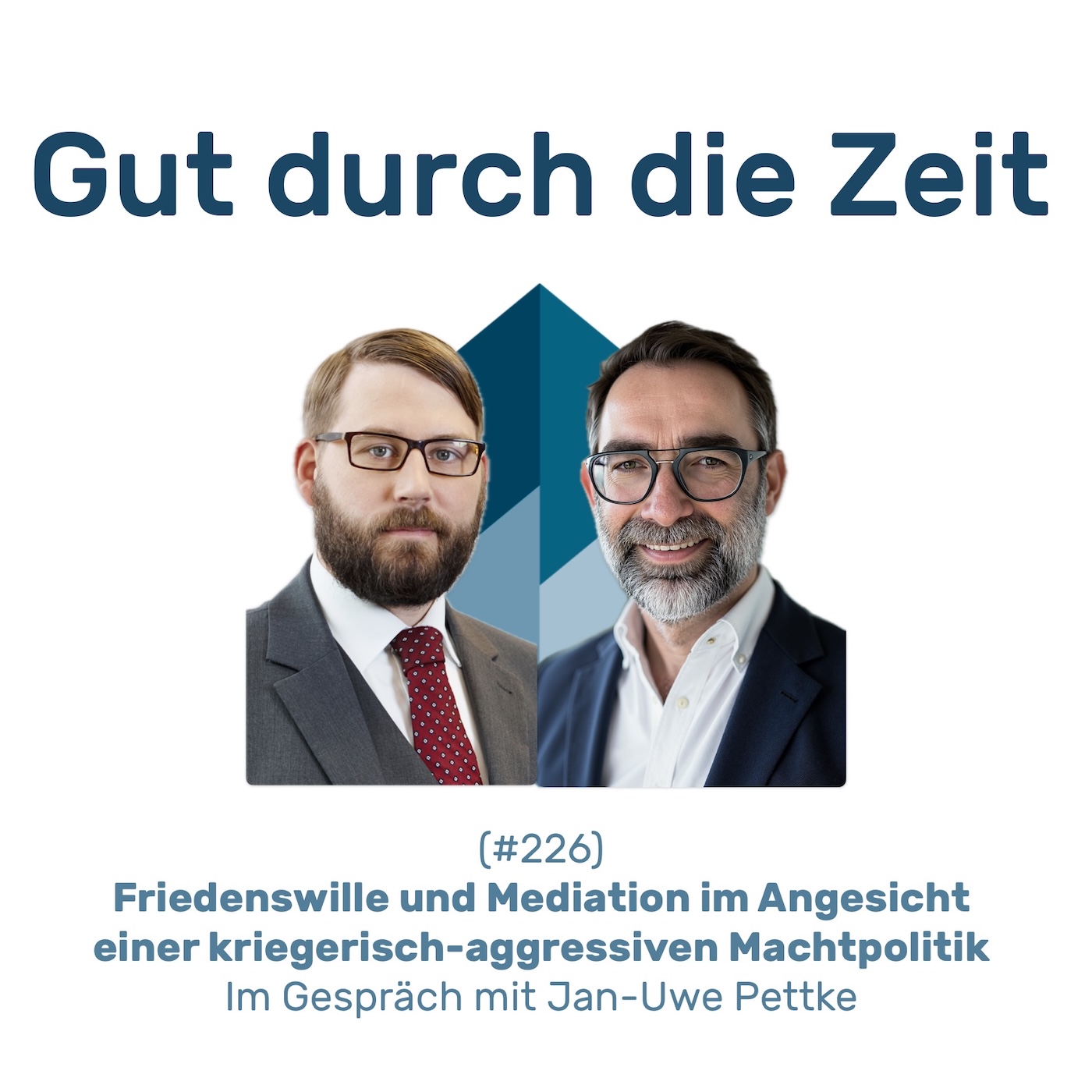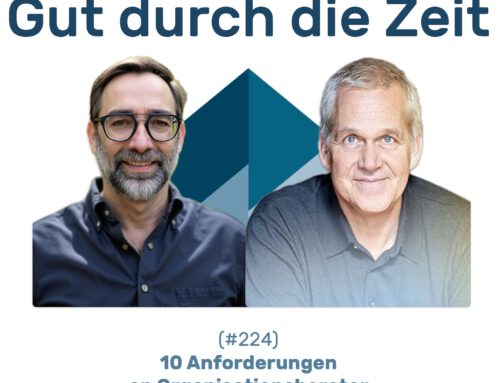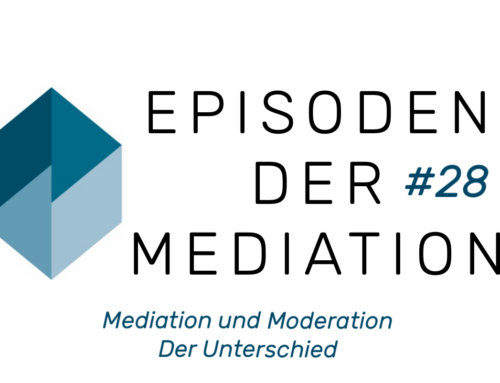INKOVEMA Podcast „Well through time“
#226 GddZ
Will for peace and mediation in the face of belligerent and aggressive power politics
What can peace mediation and diplomatic efforts achieve?
In conversation with Jan-Uwe Pettke
Cybersecurity expert, manager at CrowdStrike and retired officer of the German Armed Forces.
Contents
Chapter:
Summary of content
In this episode, we discuss the role of peace mediation in an increasingly complex security environment with Jan-Uwe Pettke, a cyber security manager at a leading American IT security company and a retired German army officer. We will talk about current conflicts and the challenges that confront mediators, especially in the context of the current war in Ukraine and geopolitical tensions in Eastern Europe.
Together we will explore the definition and objectives of peace mediation, which is often seen as an indispensable tool in conflict management. Jan-Uwe provides his unique perspective as someone who is not directly involved in mediation but has extensive experience in the context of military operations and security issues. He reflects on historical successes and failures of peace negotiations and notes that the basic conditions for successful mediation are often not in place when one party to a conflict, as in the case of Russia, is unwilling to engage in serious negotiations.
A central theme in our conversation is the realisation that peace mediation cannot be seen as a panacea for conflicts. We discuss how the will for peace, which is sought by many, can be utilised in practice, especially in politically complicated situations. Jan-Uwe raises concerns about the influence of ideologies and political interests on the way mediation processes are perceived and implemented. It is also mentioned that a strong and united Europe is necessary to play an active role in conflict resolution and thus to take a neutral stance that gives room for possible negotiations.
We also discuss the importance of understanding the dynamics between the conflicting parties and accepting that mediation is often called for when the real conditions and intentions of the parties involved do not match the conflict resolution process. Jan-Uwe emphasises that mediators need to recognise the real power relationships and the wills of the parties in order to be effective in their role.
To summarise, the discussion provides an in-depth analysis of the role of mediators in current conflict scenarios and highlights the need to develop a realistic perspective on the possibilities and limitations of mediation. We also discuss the responsibility of the international community to coordinate diplomatic efforts and present a common, strong European position to address the current security challenges. This episode provides in-depth insights into the interconnected issues of security policy, mediation and international diplomacy in turbulent times.




Leave A Comment